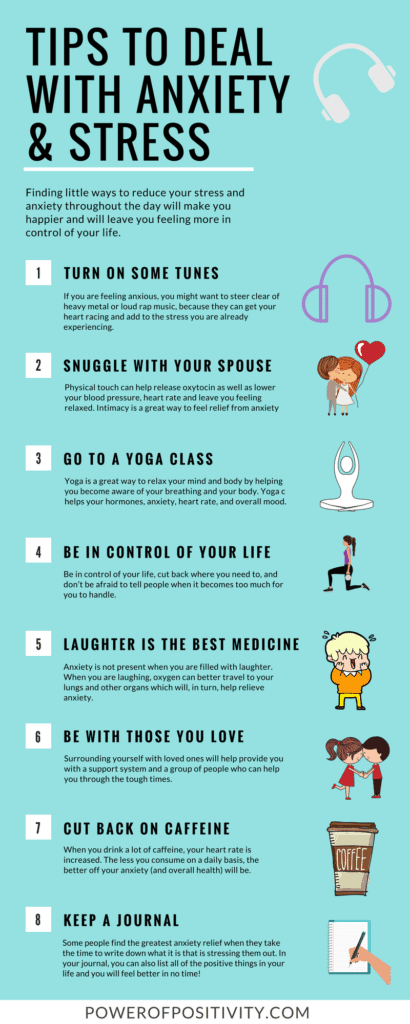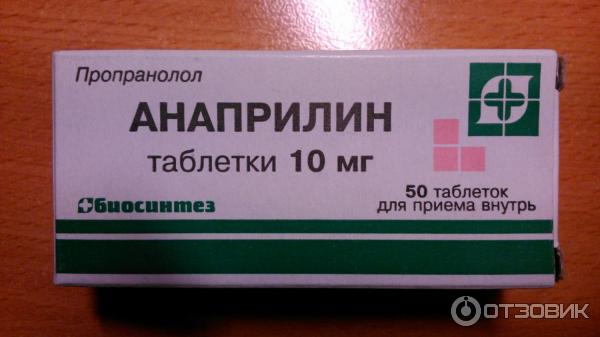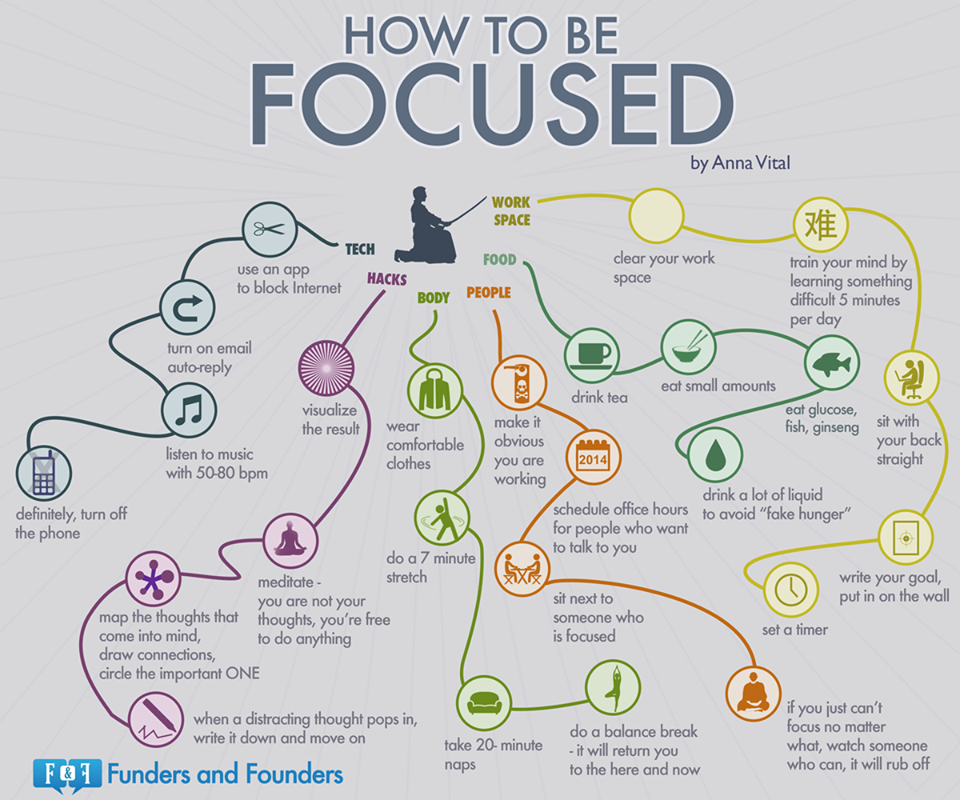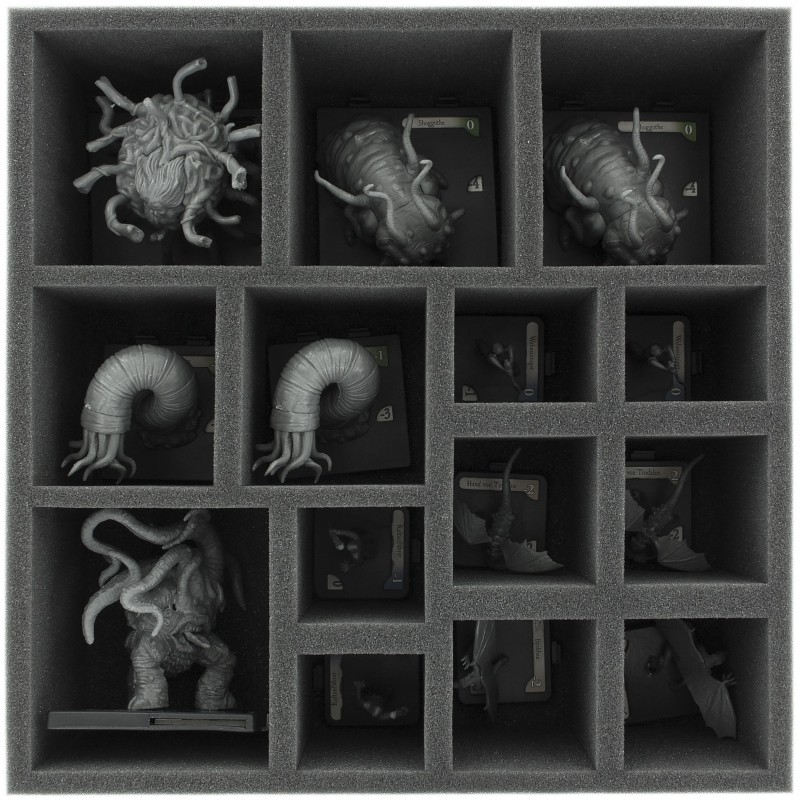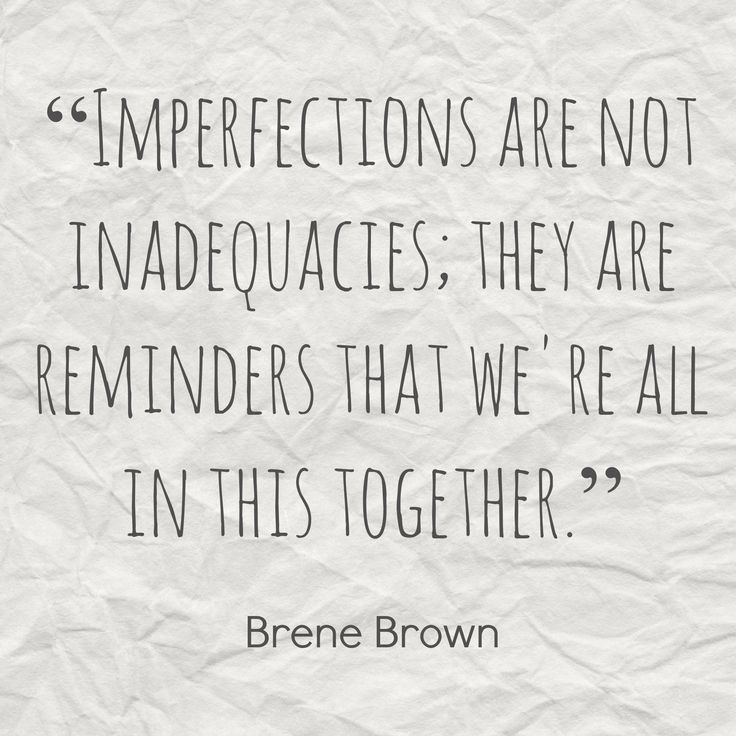Calming the nerves naturally
Natural Remedies for Anxiety: 10 Ideas
Anxiety is your body’s natural response to stress. It’s a feeling of fear or worry that could be caused by a combination of factors that researchers believe range from genetics to environmental to brain chemistry.
Some common symptoms of anxiety include:
- increased heart rate
- rapid breathing
- restlessness
- trouble concentrating
However, it’s important to note that anxiety can present itself in different ways for different people. While one person may experience a butterfly feeling in their stomach, another might have panic attacks, nightmares, or painful thoughts.
With that being said, there’s a difference between everyday anxiety and anxiety disorders. Feeling anxious about something new or stressful is one thing, but when it gets to an uncontrollable or excessive point and starts to affect your quality of life, it could be a disorder.
Some anxiety disorders include:
- panic disorder
- post-traumatic stress disorder (PTSD)
- obsessive-compulsive disorder (OCD)
- separation anxiety
- illness anxiety
- phobia
- generalized anxiety disorder (GAD)
- social anxiety disorder
Anxiety can be treated in a variety of ways. One common treatment option is cognitive behavioral therapy (CBT), which helps provide people with tools to cope with anxiety when it occurs.
There are also certain medications, like antidepressants and sedatives, that work to balance brain chemistry and prevent episodes of anxiety. They may even ward off the most severe symptoms.
If you’re looking to go a more natural route, though, there are little and big ways you can help combat anxiety.
You can make adjustments to habits, like exercise, sleep, and diet. You can also try something totally new, like aromatherapy or meditation. No matter what your lifestyle demands, there’s a natural way to help reduce anxiety for everyone.
1. Stay active
Regular exercise isn’t just about physical health — it can be a huge help to your mental health, as well.
A 2013 study found that people with anxiety disorders who reported a high level of physical activity were better protected against developing anxiety symptoms.
This could be for a variety of reasons. Exercise can divert your attention away from something that’s making you anxious.
Getting your heart rate up also changes the brain chemistry to create more space for anti-anxiety neurochemicals, like:
- serotonin
- gamma-aminobutyric acid (GABA)
- brain-derived neurotrophic factor (BDNF)
- endocannabinoids
According to the American Psychological Association (APA), regular exercise leads to an enhancement of concentration and willpower, which can help certain anxiety symptoms.
When it comes to what type of exercise, this is more of a personal preference. If you’re looking to really get your heart rate up, something like a HIIT class (high-intensity interval training) or running is your best bet.
But if you’re looking to start off with something with a little lower impact, workouts, like Pilates and yoga, could also be just as beneficial for your mental health.
2. Steer clear of alcohol
Drinking alcohol may take the edge off at first, since it’s a natural sedative.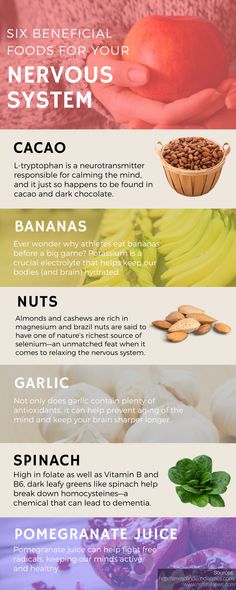 However, research suggests there’s a link between anxiety and alcohol consumption, with anxiety disorders and alcohol use disorder (AUD) occurring hand-in-hand.
However, research suggests there’s a link between anxiety and alcohol consumption, with anxiety disorders and alcohol use disorder (AUD) occurring hand-in-hand.
A 2017 review that looked at 63 different studies showed that decreasing alcohol intake can improve both anxiety and depression.
Heavy drinking can interfere with the balance of neurotransmitters, which can be responsible for positive mental health. This interference creates an imbalance that may lead to certain symptoms of anxiety.
Anxiety may temporarily increase in early sobriety but can improve in the long run.
Alcohol has also been shown to disrupt your body’s natural ability to sleep by interfering with sleep homeostasis. And as we’ll later point out, a good night’s sleep is incredibly helpful when combating anxiety.
3. Consider quitting smoking cigarettes
Smokers often reach for a cigarette during stressful times. Yet, like drinking alcohol, taking a drag on a cigarette when you’re stressed is a quick fix that may worsen anxiety over time.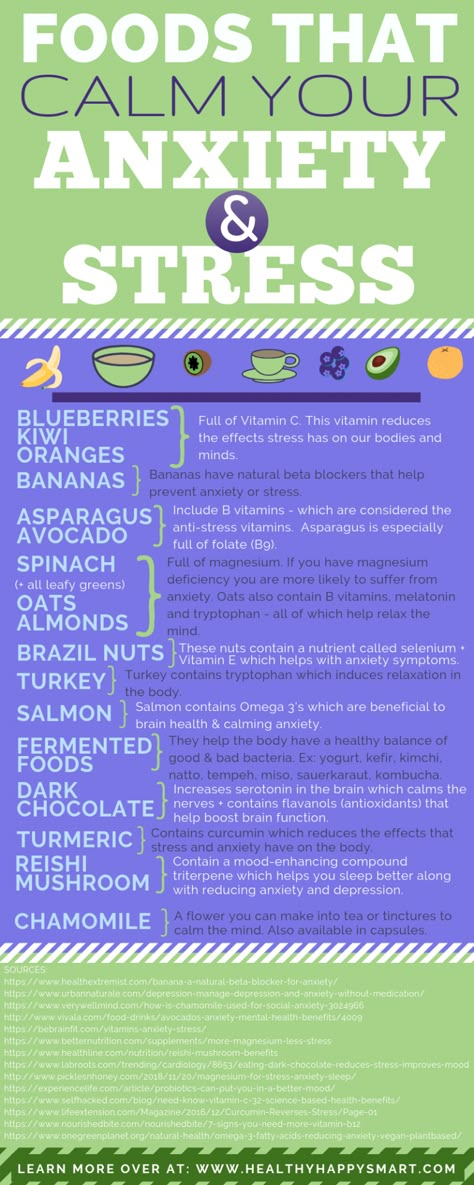
Research has shown that the earlier you start smoking in life, the higher your risk of developing an anxiety disorder later. Research also suggests nicotine and other chemicals in cigarette smoke alter pathways in the brain linked to anxiety.
If you’re looking to quit, there are lots of different ways you can get started. The Centers for Disease Control and Prevention (CDC) recommends finding a safe substitute for cigarettes, like toothpicks.
You can also take up habits that may distract you in order to create an environment that works for your smoke-free life. Additionally, you can make a plan with a support system who can provide everything from encouragement to distractions.
4. Limit caffeine intake
If you have chronic anxiety, caffeine is not your friend. Caffeine may cause nervousness and jitters, neither of which is good if you’re anxious.
Research has shown caffeine may cause or worsen anxiety disorders. It may also cause panic attacks in people with panic disorder.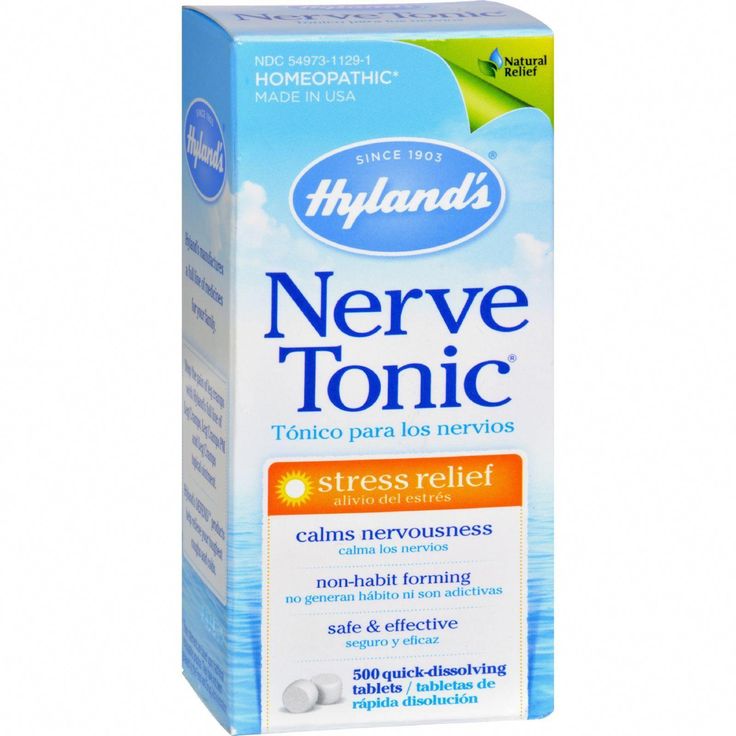 In some people, eliminating caffeine may significantly improve anxiety symptoms.
In some people, eliminating caffeine may significantly improve anxiety symptoms.
Similar to alcohol, caffeine and anxiety are often linked, due to caffeine’s ability to alter brain chemistry.
For example, a 2008 study showed that caffeine increases alertness by blocking the brain chemical adenosine, which is what makes you feel tired, while at the same time triggering the release of adrenalin.
With all this being said, a moderate intake of caffeine is safe for most people.
However, if you’re looking to cut back or completely cut out caffeine, you’ll want to start by slowly reducing the amount of caffeine you drink daily.
Start replacing these drinks with water to quench the thirst. This will not only satisfy your body’s need to drink a liquid, but it will also help flush caffeine from your body and keep you hydrated.
Gradually reducing your caffeine over the course of a few weeks can help adjust the habit without the body going through withdrawal.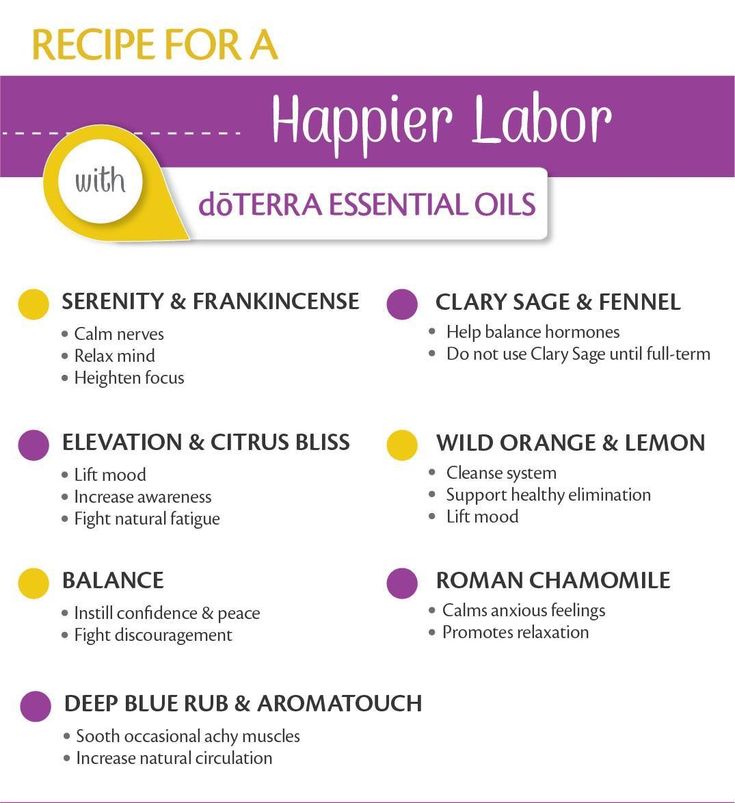
5. Prioritize getting a good night’s rest
Sleep has been proven time and time again to be an important part of good mental health.
Even though a 2012 survey found that nearly a third of adults get less than 6 hours of sleep a night, the CDC recommends that adults get 7 to 9 hours of sleep every day.
You can make sleep a priority by:
- only sleeping at night when you’re tired
- not reading or watching television in bed
- not using your phone, tablet, or computer in bed
- not tossing and turning in your bed or going to another room if you can’t sleep
- avoiding caffeine, large meals, and nicotine before bedtime
- keeping your room dark and cool
- writing down your worries before going to bed
- going to sleep at the same time each night
6. Meditate and practice mindfulness
A main goal of meditation is full awareness of the present moment, which includes noticing all thoughts in a nonjudgmental way.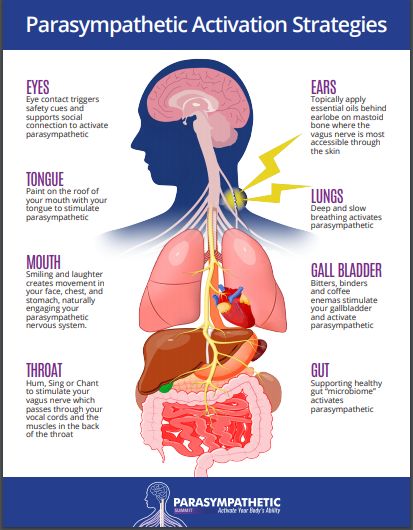 This can lead to a sense of calm and contentment by increasing your ability to mindfully tolerate all thoughts and feelings.
This can lead to a sense of calm and contentment by increasing your ability to mindfully tolerate all thoughts and feelings.
Meditation is known to relieve stress and anxiety and is a primary facet of CBT.
Research from John Hopkins suggests 30 minutes of daily meditation may alleviate some anxiety symptoms and act as an antidepressant.
How to meditate
There are 9 popular types of meditation:
- mindfulness meditation
- spiritual meditation
- focused meditation
- movement meditation
- mantra meditation
- transcendental meditation
- progressive relaxation
- loving-kindness meditation
- visualization meditation
Mindfulness meditation is generally the most popular form. To mindfully meditate, you can close your eyes, breathe deeply, and pay attention to your thoughts as they pass through your mind. You don’t judge or become involved with them. Instead, you simply observe them and take note of any patterns.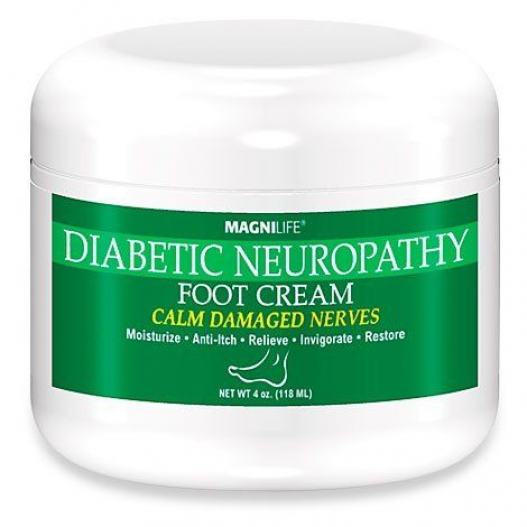
7. Eat a balanced diet
Low blood sugar levels, dehydration, or chemicals in processed foods, such as artificial flavorings, artificial coloring, and preservatives, may cause mood changes in some people. A high-sugar diet may also impact temperament.
If your anxiety worsens after eating, check your eating habits. Stay hydrated, eliminate processed foods, and eat a balanced diet rich in complex carbohydrates, fruits and vegetables, and lean proteins.
8. Practice deep breathing
Shallow, fast breathing is common with anxiety. It may lead to a fast heart rate, dizziness or lightheadedness, or even a panic attack.
Deep breathing exercises — the deliberate process of taking slow, even, deep breaths — can help restore normal breathing patterns and reduce anxiety.
9. Try aromatherapy
Aromatherapy is a holistic healing treatment that has been used by humans for thousands of years. The practice uses natural plant extracts and essential oils to promote the health and well-being of the mind, body, and spirit. Its goal is to enhance both physical and emotional health.
Its goal is to enhance both physical and emotional health.
The essential oils created by the natural plant extracts may be inhaled directly or added to a warm bath or diffuser. Aromatherapy is suggested to:
- help you relax
- help you sleep
- boost mood
- reduce heart rate and blood pressure
Some essential oils believed to relieve anxiety are:
- bergamot
- lavender
- clary sage
- grapefruit
- ylang ylang
10. Drink chamomile tea
A cup of chamomile tea is a common home remedy to calm frayed nerves and promote sleep.
A 2014 study showed chamomile may also be a powerful ally against GAD. The study found people who took German chamomile capsules (220 milligrams up to five times daily) had a greater reduction in test scores that measure anxiety symptoms than those who were given a placebo.
Another 2005 study found that chamomile extract helped sleep-disturbed rats fall asleep. Researchers believe that the tea may function like benzodiazepine, binding to benzodiazepine receptors and having benzodiazepine-like hypnotic activity.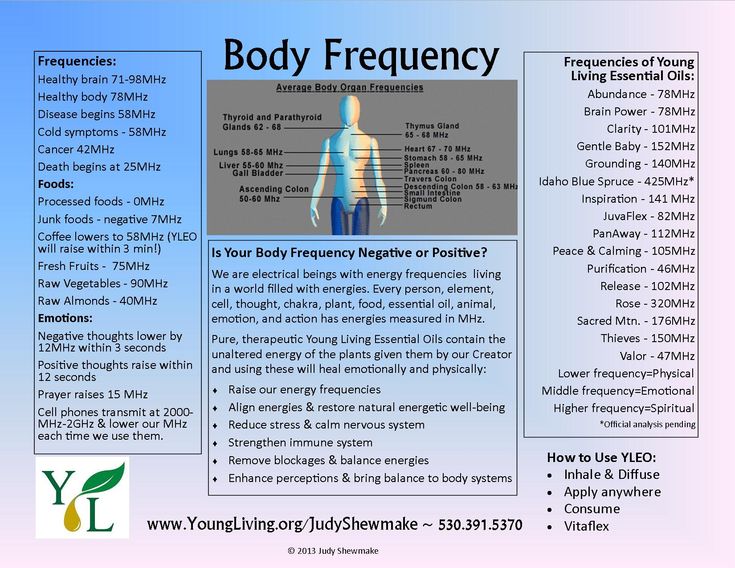
Interested in other resources for mental health?
We’re here to help. Explore our evidence-driven reviews of top providers, products, and more to support your physical and emotional well-being.
If you’re feeling anxious, the above ideas may help calm you down.
Remember, home remedies may help ease anxiety, but they don’t replace professional help. Increased anxiety may require therapy or prescription medication. Talk with your doctor about your concerns.
Read this article in Spanish.
We've got some trouble | 400
- Central Florida
- West Florida
- East Florida
- Georgia
- North Carolina
- Kentucky
- Kansas
- Wisconsin
- Texas
- Colorado
- Illinois
How to calm your nerves: 7 quick ways
Health
© Chester Wade/Unsplash
Author Uliana Smirnova
August 30, 2021
RBC Style shares proven methods that will help relieve emotional stress and calm down in a matter of minutes
Stressful situations happen to people almost daily.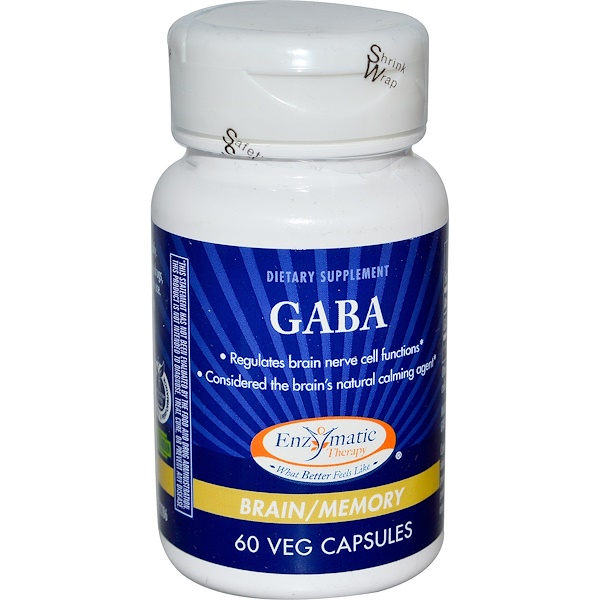 Lack of time, difficulties at work, illness of loved ones - all this can unbalance. At such moments, the heartbeat quickens, adrenaline is released, muscles tense up, breathing gets out of hand. However, the possibilities of the nervous system are not unlimited - its defenses are gradually depleted.
Lack of time, difficulties at work, illness of loved ones - all this can unbalance. At such moments, the heartbeat quickens, adrenaline is released, muscles tense up, breathing gets out of hand. However, the possibilities of the nervous system are not unlimited - its defenses are gradually depleted.
Prolonged stress can weaken the immune system, provoke nervous breakdowns, upset the psyche. According to doctors, many diseases arise precisely on the basis of nerves. For example, diabetes and bronchial asthma. Some experts even find a link between stress and cancer.
Protecting yourself from nervous situations is almost impossible. But learning to manage your emotions and relieve stress is quite real. Meditation, yoga and proper nutrition help a lot with this. But what about when you need to quickly pull yourself together? The main task in this state is to reduce the level of adrenaline in the blood. We talk about the most effective methods that will help calm the nervous system and return to a familiar state in a short time.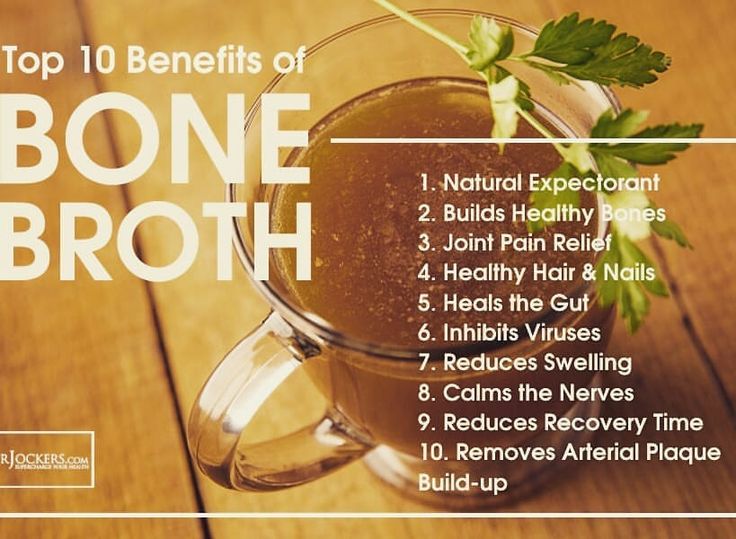
1. Restore your breathing
A five-minute deepening of the breath will help reduce the level of adrenaline and relieve tension. The best-known method is to slowly count to ten or twenty while controlling your inhalation and exhalation. Straighten your back and straighten your shoulders. Breathe slowly, without jerks, concentrating on each breath. Try to stretch the exhalation and make it longer than the inhalation. After each respiratory cycle, there is a short pause of 3-5 seconds. This exercise increases attention, calms the nervous system and reduces stress. If you feel discomfort or dizziness, return to your usual breathing rhythm.
© Natalia Figueredo/Unsplash
2. Create a virtual image
The adrenaline rush will stop if you take your mind off the stressful situation and start thinking about something else. This method is useful when you are provoked to an outburst of aggression. Start remembering the multiplication table, your favorite poem, phone numbers and friends' birthdays.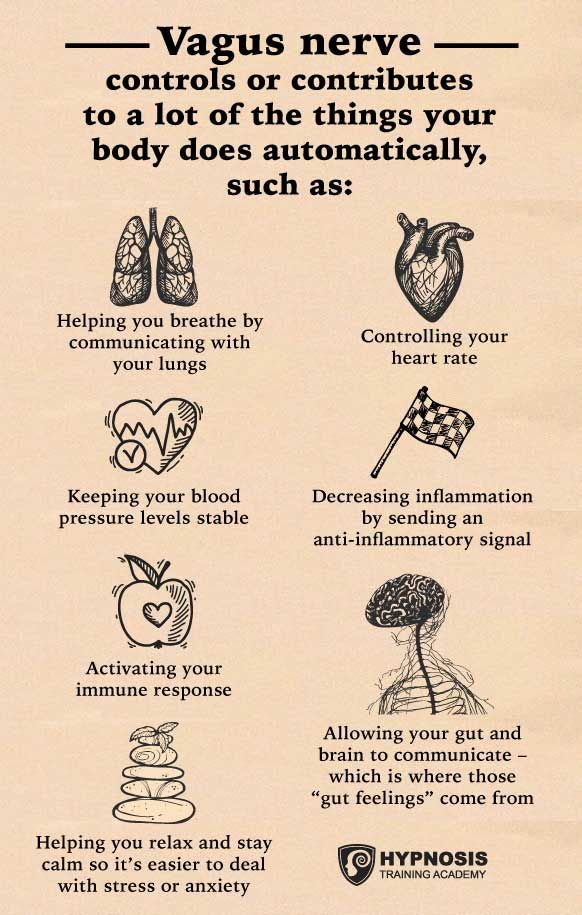 It is even better to connect the imagination and visualize thoughts, presenting them in the form of pictures, colored and as detailed as possible. Try to mentally draw a cozy cafe or sea coast. Try to feel how the water gently touches your body and takes away negative emotions. If possible, take a comfortable position, relax and close your eyes. To calm down, 4-5 minutes will be enough.
It is even better to connect the imagination and visualize thoughts, presenting them in the form of pictures, colored and as detailed as possible. Try to mentally draw a cozy cafe or sea coast. Try to feel how the water gently touches your body and takes away negative emotions. If possible, take a comfortable position, relax and close your eyes. To calm down, 4-5 minutes will be enough.
3. Go for a swim or shower
A warm, powerful shower will not only relax your muscles and improve circulation, but also calm your nerves. And half an hour in the pool will relieve stress after a working day. Another way to relieve emotional stress is to turn on your favorite music and take a hot bath. The effect will be enhanced if you add a few drops of soothing chamomile, lavender, tangerine or lemon balm essential oil to the water. If there is no time for long water procedures, wet your hands and run wet palms over your face, neck and shoulders. Cold water well tones the skin and soothes the nerve receptors. Alternatively, you can use a rose water spray to help freshen up.
Alternatively, you can use a rose water spray to help freshen up.
© Robson Hatsukami/Unsplash
4. Turn on the music and dance
Any physical activity can restore mental balance. For example, a half-hour run in the fresh air or an intense workout in the gym. Instead of exercise, you can dance, go for a walk, play badminton, or do some cleaning. During such a load, the brain produces neurotransmitters that are responsible for a good mood and reduce anxiety. It is the body's response to muscle stress. Scientists say that regular exercise is an excellent prevention of depression. And improving the appearance and physical performance will be a nice bonus.
5. Make tea with honey
A glass of clean water will help you quickly restore a normal heart rate and relax. You need to drink slowly - in short sips, taking short breaks between them. In addition to water, hot tea with dessert helps to cope with anxiety and irritation. Swallowing movements calm the nerves, and sweet stimulates the production of “happiness hormones”. At the same time, it is better to replace cookies and sweets with healthy treats. For example, honey, dried fruits or dark chocolate. The latter is good at removing cortisol and catecholamines that cause stress. You can add ginger root, a sprig of oregano, a few mint leaves or jasmine flowers to the drink - these additives are known for their calming effect.
Swallowing movements calm the nerves, and sweet stimulates the production of “happiness hormones”. At the same time, it is better to replace cookies and sweets with healthy treats. For example, honey, dried fruits or dark chocolate. The latter is good at removing cortisol and catecholamines that cause stress. You can add ginger root, a sprig of oregano, a few mint leaves or jasmine flowers to the drink - these additives are known for their calming effect.
© Rawpixel/Unsplash
6. Do a light self-massage
A good massage therapist will quickly relieve nervous tension and eliminate muscle clamps. If a professional master does not have time for a session, a relaxing massage can be done on your own. A large number of nerve endings are concentrated in the head. Wash your hands thoroughly, sit on a chair and start massaging your temples in smooth circular motions. Gradually move on to the scalp. The fingertips should slide freely over the surface (in the direction of hair growth) and not stretch the skin. Properly performed ten-minute massage improves blood circulation, relieves stress and normalizes sleep. In addition, it stimulates hair growth and strengthens hair follicles.
Properly performed ten-minute massage improves blood circulation, relieves stress and normalizes sleep. In addition, it stimulates hair growth and strengthens hair follicles.
7. Start a personal diary
You can relieve accumulated stress with paper and a pen. Stay alone with yourself, take a blank sheet and write about an unpleasant event. When everything is ready, it is recommended to burn or tear the written paper. You can keep a permanent personal diary - in a beautiful notebook or laptop. So you can rethink the situation and quickly get rid of destructive emotions. Moreover, the more written on paper, the less disturbing thoughts will remain in your head. This method is especially useful for those who are used to restraining their emotions and words.
© Annie Spratt/Unsplash
In addition, anti-stress coloring books or regular children's coloring books help to cope with nerves. This is one of the most popular forms of art therapy.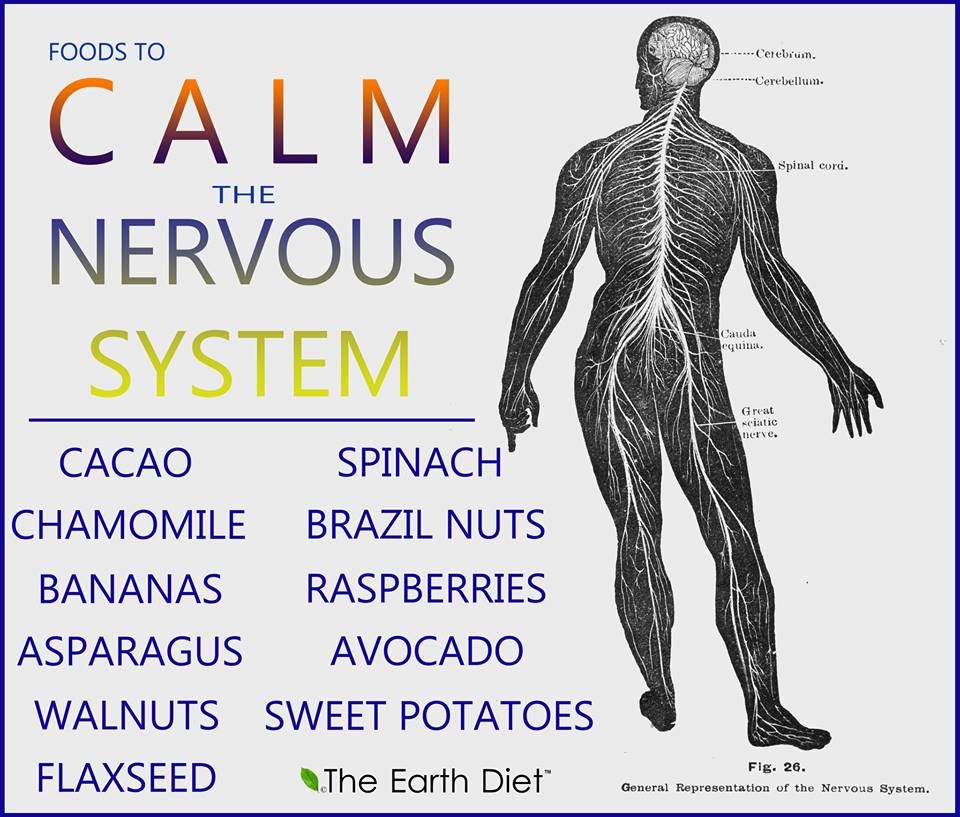
How to cope with stress: tips from the book "Squirrel in the Wheel Syndrome"
Now women live with the conviction that in order to be beautiful, slim, successful and at the same time a good wife and mother, you need to live at a crazy pace. They are constantly in a hurry, always busy, do not get enough sleep, time is sorely lacking, and the to-do list seems endless. They are nervous and stressed. Libby Weaver in her book The Squirrel in the Wheel Syndrome. How to stay healthy and save your nerves in the world of endless cases ”leads to the fact that most often the problems are not in reality, but in the head.
Women
“A woman's head looks like Heathrow Airport,” Libby writes. - Vaccinations, reading list, shoe sizes of all family members, best friend's family life difficulties and what to do with them, contraception, where children will be better - at home or in kindergarten, shopping list, changed my mind about that guy ... I need to write a message to him, what time will the courier arrive? All this information is spinning in my head and waiting for further instructions from the air traffic controller.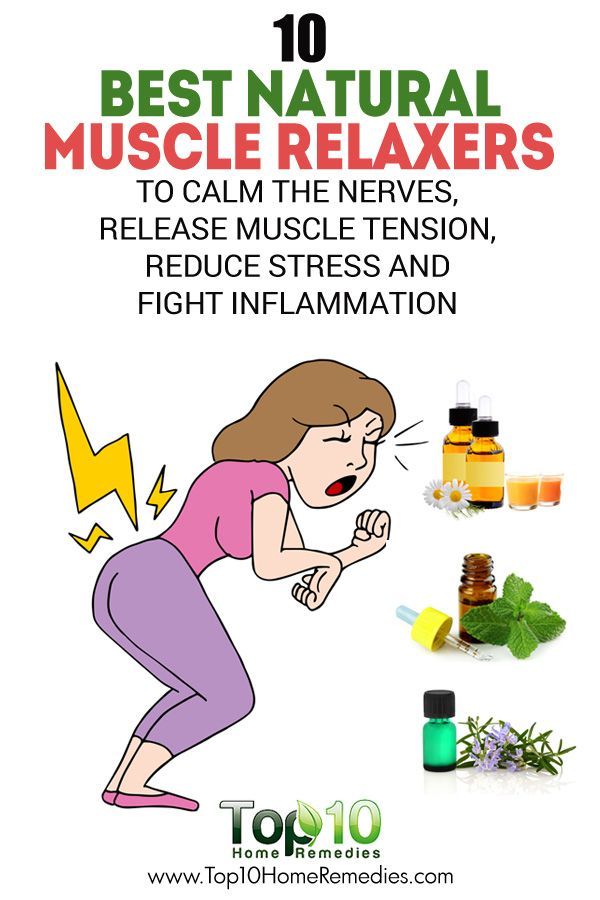 If all things don't land safely, the world will fall apart. Instead, the woman's health is out of control. I think a lot of people recognize themselves. Surely you do not associate poor sleep, “unexplained” excess weight, PMS, irritation and mood swings with life at a frantic pace. Libby calls it all "the frazzled woman syndrome" and urges us to slow down.
If all things don't land safely, the world will fall apart. Instead, the woman's health is out of control. I think a lot of people recognize themselves. Surely you do not associate poor sleep, “unexplained” excess weight, PMS, irritation and mood swings with life at a frantic pace. Libby calls it all "the frazzled woman syndrome" and urges us to slow down.
About the types of the nervous system
Our nervous system consists of the central and autonomic systems. The first we control consciously, the second is controlled by the subconscious - and it is very difficult to influence it. The autonomic nervous system is divided into the sympathetic (SNS) - the so-called "fight and flight" response - and the parasympathetic (PNS) - it is responsible for the "rest and recover" response.
In today's world, most women are dominated by SNS. Even when our life is not literally threatened, our body constantly produces adrenaline, experiencing psychological stress.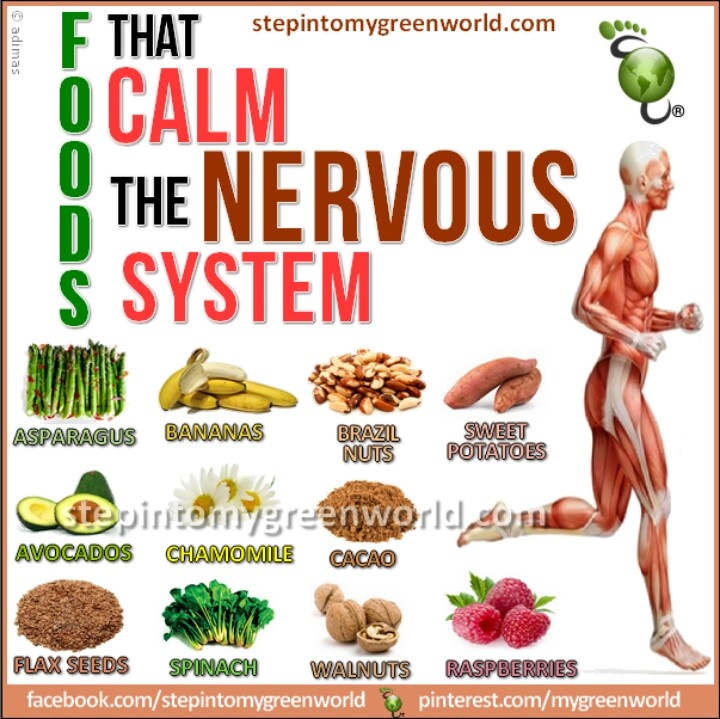 At every moment in time, our body, based on the information it receives, decides which fuel to use. There are only two types of fuel: glucose and fat. Proteins in this capacity are not used - at least directly. They are broken down into amino acids, which are then converted into glucose.
At every moment in time, our body, based on the information it receives, decides which fuel to use. There are only two types of fuel: glucose and fat. Proteins in this capacity are not used - at least directly. They are broken down into amino acids, which are then converted into glucose.
Adrenaline and cortisol, which are produced easily and regularly in today's world, tell every cell in the body that your life is in danger. Fat is effectively burned only when the parasympathetic nervous system is mainly working. It slows down the heart rate and breathing rate, returns blood to the digestive system so that we can digest food, and restores libido. But there is one thing - the PNS will not take the helm if the body believes that something threatens your life. The nervous system is affected by how we move and exercise, what we eat and what we think about. And also how the subconscious reacts to our interaction with other people and life around.
How to understand which type prevails in you
Draw a few intersecting lines with the unsharpened side of the pencil on the chest and observe the color of the skin.
 AdventHealth South Overland Park
AdventHealth South Overland Park
